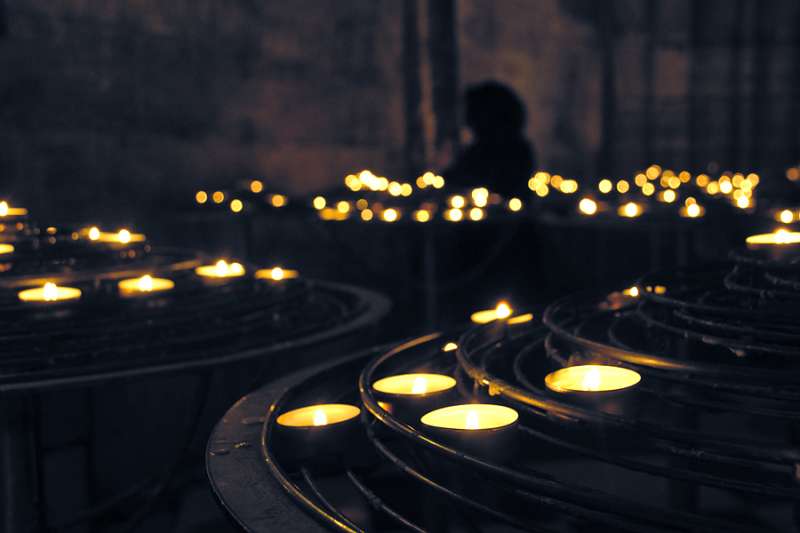The Congregation of the Sisters of the Good Samaritan in Chile on Tuesday acknowledged the complaint of sexual abuse made by a former member of the community and asked forgiveness for “not living up” to their “mission and vocation.”
“The community of the Good Samaritan will do everything on their part to mitigate the painful consequences of these lamentable incidents,” the congregation said in a May 29 statement.
Consuelo Gomez, who spent 19 years in the congregation, from 1998 to 2017, told Emol online news she was the victim of sexual abuse, bullying, and harassment in communities in Chile and Spain where the spent the greater part of her life as a religious.
She also charged she was treated like “ a slave,” was almost totally isolated from her family, and there was a lack of consideration when she suffered from various ailments such as anorexia, bulimia, depression, and nervous breakdown.
After having spent time in 2013 in communities that did not attend to her situation, Consuelo began to work in the Apostolic Nunciature in Santiago, which was the last place where she served before her departure from the congregation.
Gomez said she had the opportunity to tell her entire experience of abuse to the nuncio, Archbishop Ivo Scapolo, who was sympathetic but “knowing all this, he did nothing.”
In their statement, the congregation expressed “with sorrow” that they learned of “the story of the grave incidents that occurred in” the community and acknowledged that the measures taken and the attitude of that time did not live up to “their mission and vocation in the image of Jesus.”
“We should have received and accompanied her and we did not. We should have put in place guarantees so that these incidents would not be repeated and at the time we did not do that either,” they added.
The congregation asked “forgiveness from Consuelo Gomez Pinto, our sister in Christ. We humbly ask for forgiveness, knowing that this request alone will not repair the damage caused.”
Faced with the serious accusation, they said that “Mother General Patricia Ibarra Gomez, has taken a series of measures, which include conducting a canonical investigation to review the reported situations.”
“Contact was also made with the National Council for the Prevention of Abuse and the Diocesan Commission for Prevention to adequately address such terrible and painful situations, and a protocol will be devised to prevent abusive situations of any kind,” the document states.
The Sisters of the Good Samaritan admitted that their community did not always “correctly exercise authority.” For this reason, they said that starting two years ago they began “a process of comprehensive renewal of the congregation.”
“We will continue with greater effort and love, serving the poor that no one wants to help, to care for the terminally ill and accompanying them in their suffering and a good death. May our love for the Lord Jesus, the Good Samaritan, aid us and lead us to lovingly pick up the brother lying on the road,” they concluded.
This article was originally published by our Spanish language sister agency, ACI Prensa. It has been translated and adapted by CNA.

